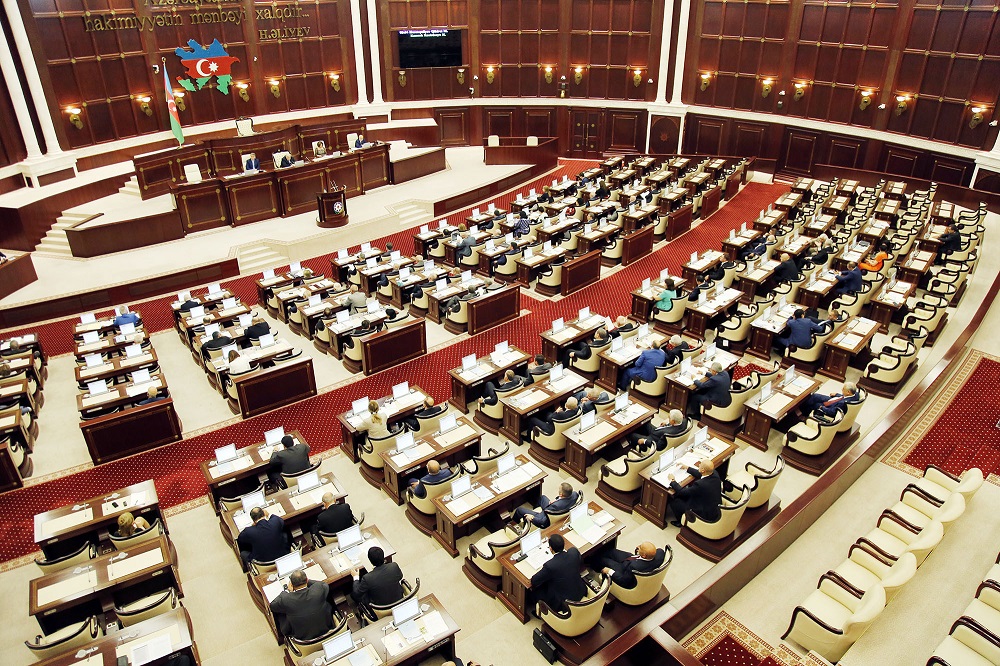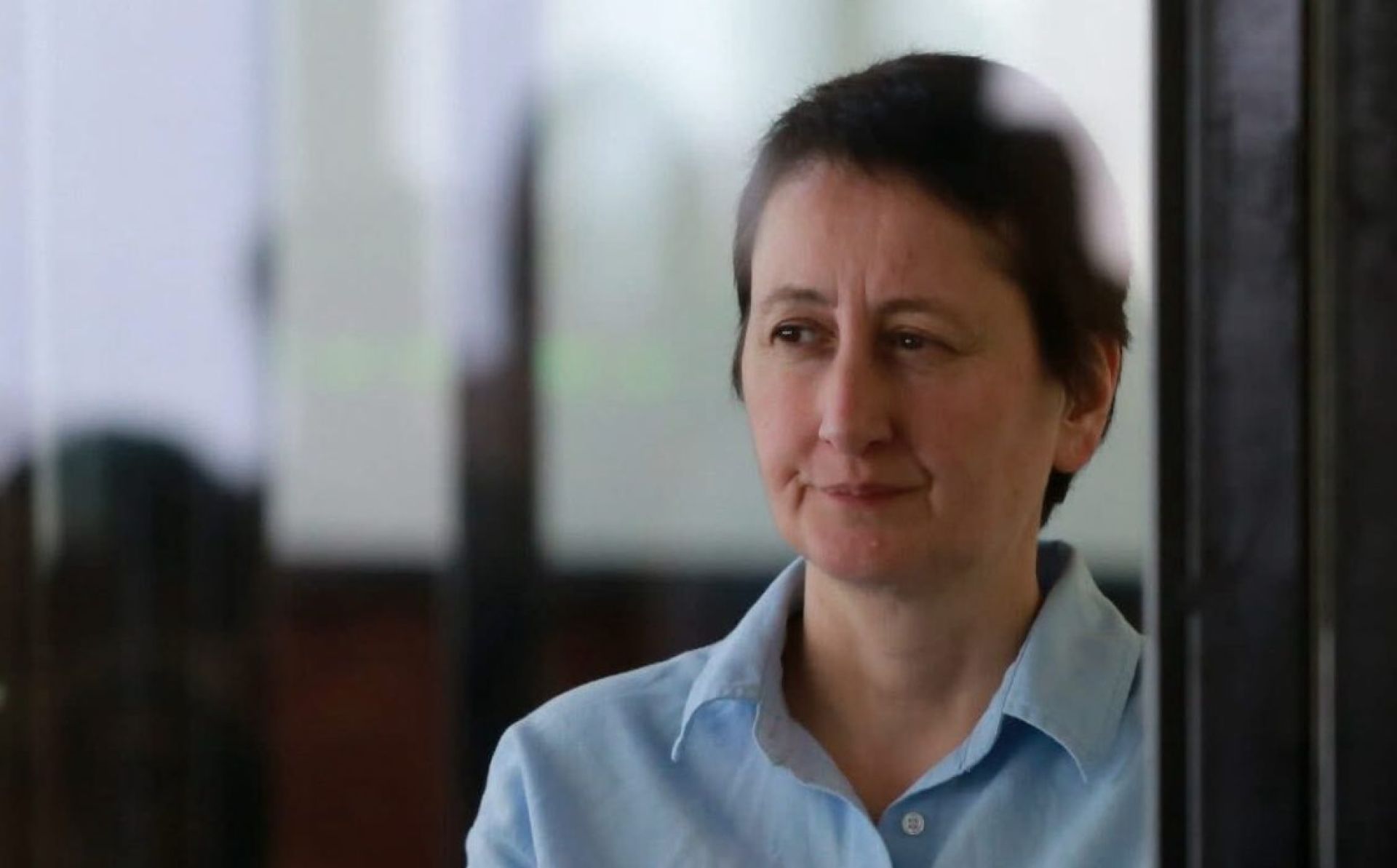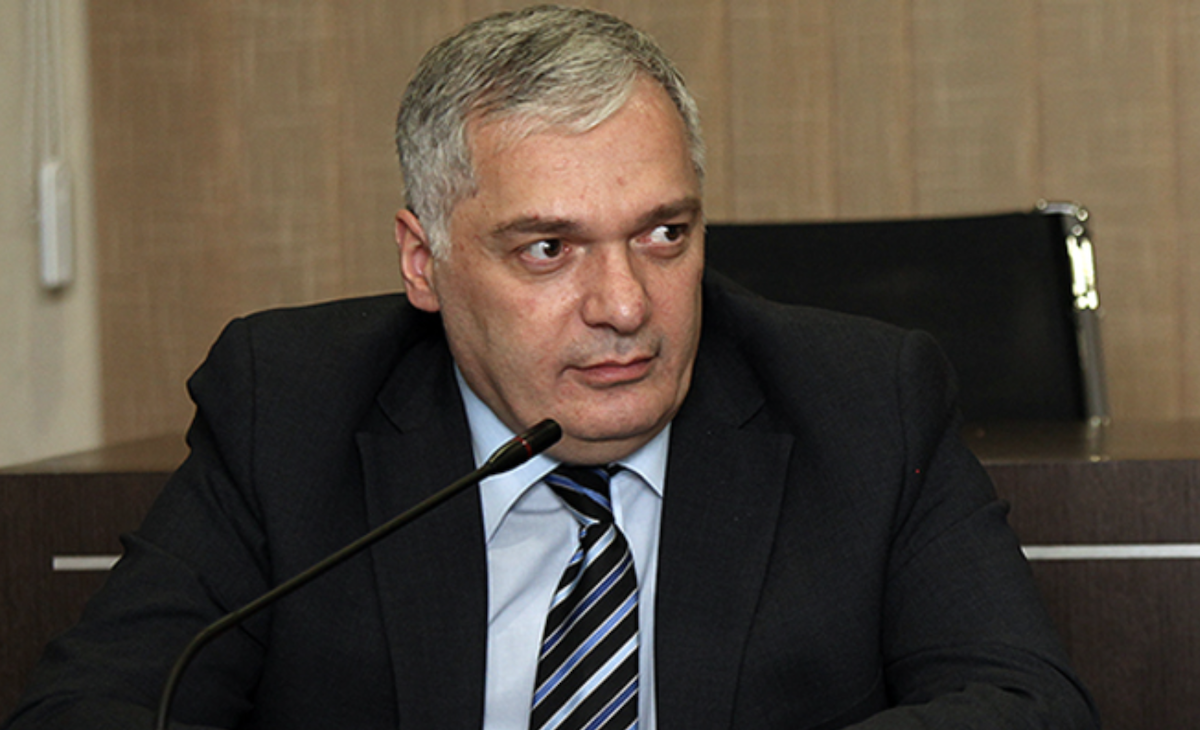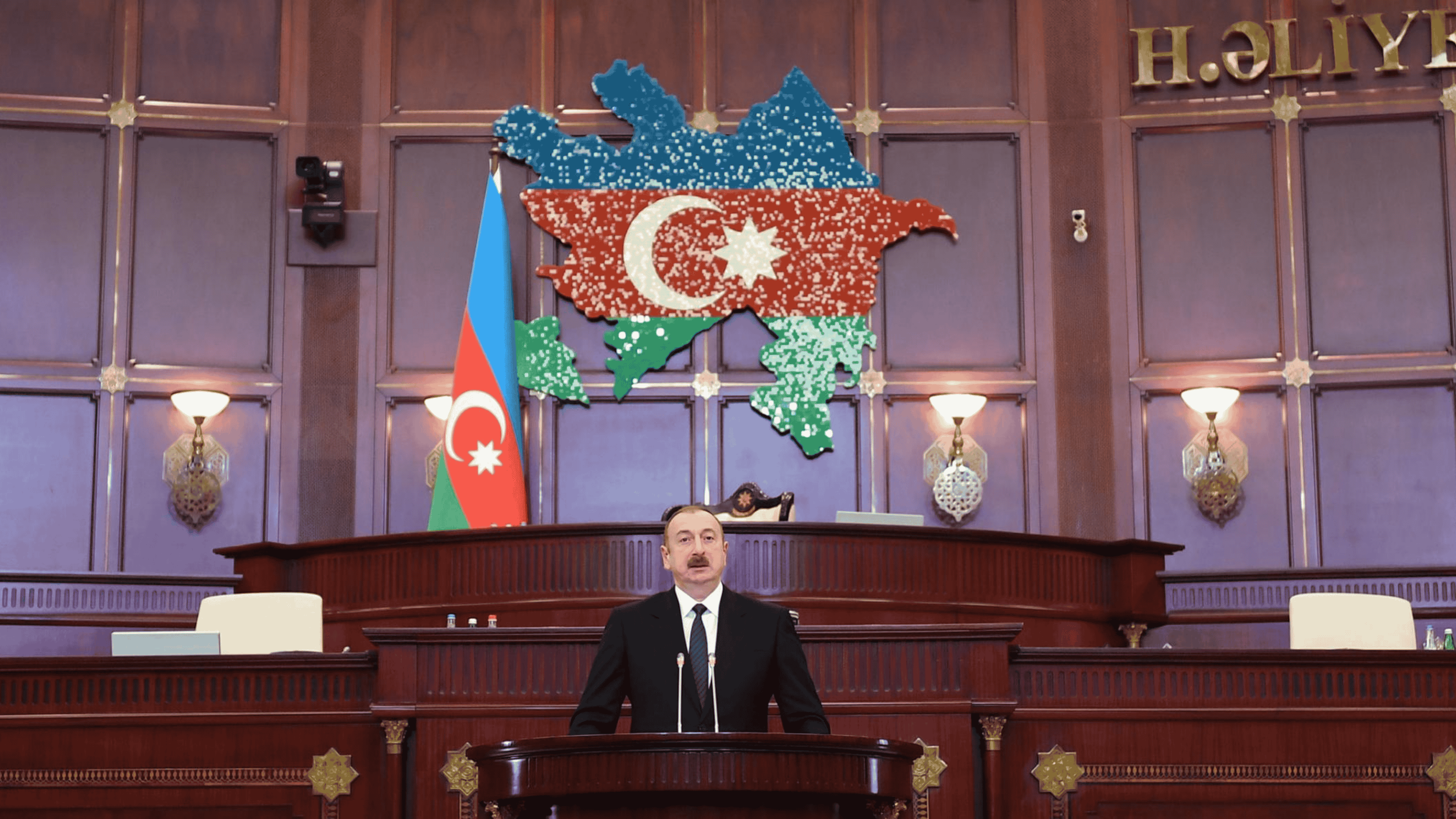Snap parliamentary elections in Azerbaijan are scheduled for September 1
Early parliamentary elections in Azerbaijan
By decree of Azerbaijani president Ilham Aliyev on June 28, 2024, snap parliamentary elections have been scheduled for September 1.
On June 27, the Plenum of the Constitutional Court reviewed the president’s request regarding the dissolution of the Milli Majlis and the scheduling of early elections to the legislative body. The Constitutional Court deemed the parliamentary decision constitutional.
Constitutional Court Chairman Farhad Abdullayev announced the court’s decision, confirming the constitutionality of the parliament’s resolution. The court ruled that the June 21 resolution and the subsequent dissolution of the Milli Majlis by the president comply with Article 981 of the Basic Law. The resolution is final and comes into effect immediately, without the possibility of cancellation, amendment, or official comments.
- “The adoption of the ‘foreign agents’ law is not an isolated incident” – PACE resolution on Georgia
- Is the CSTO attractive to Azerbaijan? A view from Baku
- Increase in drug trafficking in Armenia: Figures and comments
On June 21, the Milli Majlis requested the president to schedule early parliamentary elections, following the proposal from the ruling New Azerbaijan Party (YAP) made at the June 20 meeting.
Parliamentary elections in Azerbaijan were originally slated for November 2024. The timing coincides with the country’s hosting of COP29, which the ruling party cited as the reason for proposing early elections.
“The ruling party’s appeal to dissolve parliament is a political decision, not a legal one”
Hafiz Hasanov, chairman of the public association “Law and Development,” noted in an interview with Turan that the New Azerbaijan Party’s request to the Milli Majlis to dissolve parliament was primarily a political decision rather than a legal one.
According to Article 981 of the Azerbaijani Constitution, the president can dissolve the Milli Majlis under specific conditions: if the same convocation of the Milli Majlis expresses no confidence in the Cabinet of Ministers twice within a year, fails to appoint necessary candidates to the Constitutional Court, Supreme Court, and Central Bank after two presidential submissions, or for unavoidable reasons, fails to perform its duties as outlined in Articles 94, 95, parts II, III, IV, and V of Article 96, and Article 97 of the Constitution.
“International events cannot serve as grounds for the dissolution of the Milli Majlis,” explained Hasanov. “However, the Constitutional Court reviewed the issue of dissolving the Milli Majlis in connection with the COP29 in accordance with Article 981 of the Constitution.”
“Legal and political aspects of this decision reflect the complex interaction of power and procedures within Azerbaijan’s governance system. While the Constitutional Court’s ruling confirms the legal basis for early elections, the motives and consequences of such a step remain a topic of discussion, highlighting the broader context of political maneuvering and administrative control,” the lawyer stated.
“The main intention should be questioned”
Commenting to Voice of America, human rights activist Bashir Suleymanli noted that the president’s right to dissolve the Milli Majlis and hold new elections was constitutionally enshrined by the last referendum.
“In general, holding early elections, dissolving parliaments, and scheduling new elections are considered normal in democratic societies or political systems aspiring to democracy. Here, the main intention should be questioned. Is the primary aim to ensure political pluralism, conduct a democratic and fair election race? Or is it simply creating an even more closed system under various pretexts and stifling freedoms?” he asks.
“A parliament formed under such conditions will not differ from previous ones”
Isa Gambar, chairman of the Musavat Party, pointed out the contradiction between the procedural side and the essence of the issue when assessing the Constitutional Court’s decision.
“The procedures have been followed. There are no issues with the letter of the law and the constitution. But in essence, everything that happens, all procedures are again under the control of the authorities. In fact, all decisions are made based on the authorities’ orders. As a result, another opportunity to hold free and fair elections is missed. Consequently, one of the main provisions of the Constitution—the provision on the formation of power by the people—becomes impossible again,” he told Voice of America.
Isa Gambar believes that a parliament “formed under such conditions will not differ significantly from previous parliaments.”



















